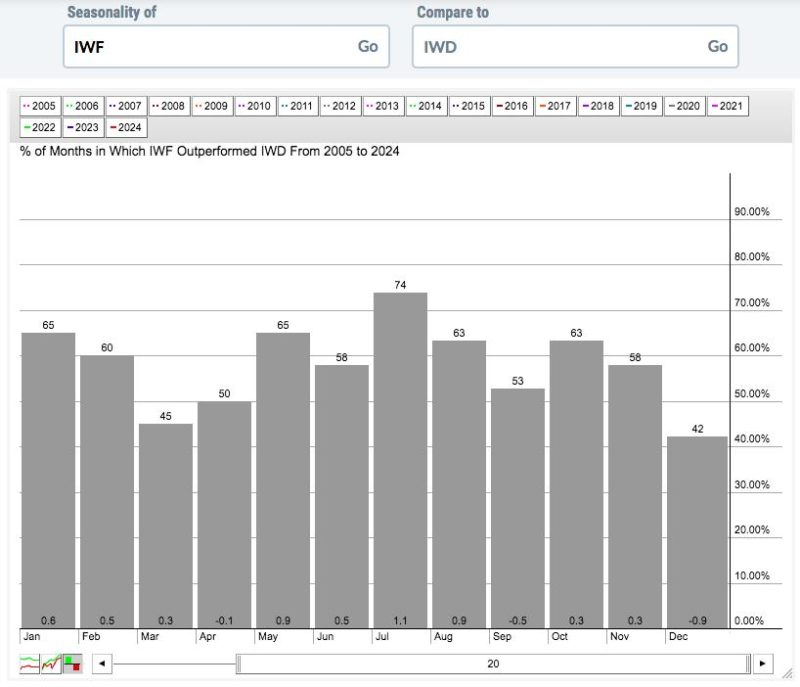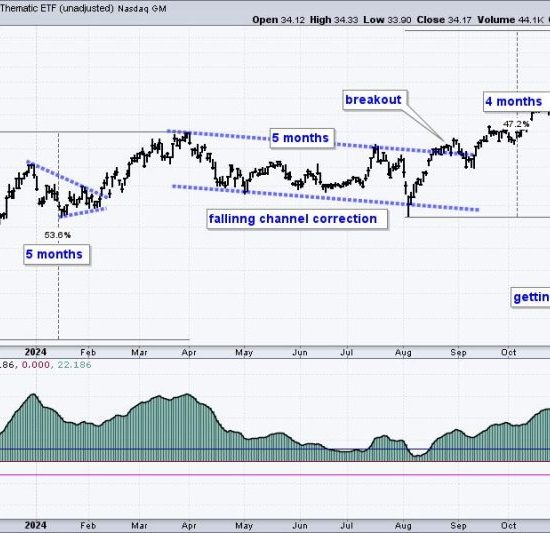Throughout history, various quotes and saying have wormed their way into our everyday language, and some of them are rooted in much more interesting origins than we often attention to. One such adage is Sell in May and go away. A phrase commonly rotating within the trading world signifies a strategy to sell stock holdings in May to avoid the typically poorer performance associated with the summer months and then re-enter the market around November. But should we take this financial dictum literally? Should we really tune out of work life, pack our bags, and head off for an early vacation?
Let’s first attempt to get a fundamental understanding of this saying. Originally, Sell in May and go away was an old investment strategy based on the historical underperformance of stocks in the six-month period beginning in May and ending in October, compared to the other six months of the year. However, it isn’t just a phrase meant for Wall Street pundits or financial wizards. This saying can be interpreted and applied both in the financial sector, personal life, and in different geographical and industrial areas globally.
Looking at it from a broader perspective, May is perceived as a transitional month in many respects. In the educational field, May typically marks the end of the academic year in multiple educational systems across the world. Students go away, freeing themselves from months of classroom learning, preparing for final exams, and shift to a transitional vacation period.
Similarly, in some organizations, especially ones with flexible working environments, May turning into summer means a slower work pace- fewer meetings, a slowdown in product launches, or less aggressive marketing campaigns. This affords employees some breathing room. Thus, they may decide to go away and take advantage of this slower period to rejuvenate and refill their energy reservoirs.
Furthermore, exploring the geographical aspect uncovers another dimension. In hotter regions, May signals the onset of extreme summer temperatures, which often leads inhabitants to ‘go away’ to cooler places. Contrastingly, in colder regions where the snow is melting, May starts to unveil more agreeable weather conditions, nudging people to dust off their travel plans.
However, it’s not always necessary to take go away as a cue to pack your travel bags. Today, especially pertinent in the pandemic era, going away could mean disengaging from the traditional work setup and relaxing at home. It may involve taking a digital detox, exploring a new hobby, or just spending quality time with loved ones.
Therefore, whether to go away or not in May is entirely circumstantial. For stock investors, the decision will revolve around the market scenario and their investment strategy. For students and teachers, May will undoubtedly bring a break, while for others, it might be business as usual. So should we go away? The answer lies not in the month but in one’s personal context and discretion. Though, one thing is certain – May, with its blossoming flowers and promising weather, offers enticing reasons to halt, explore, and maybe even go away.




